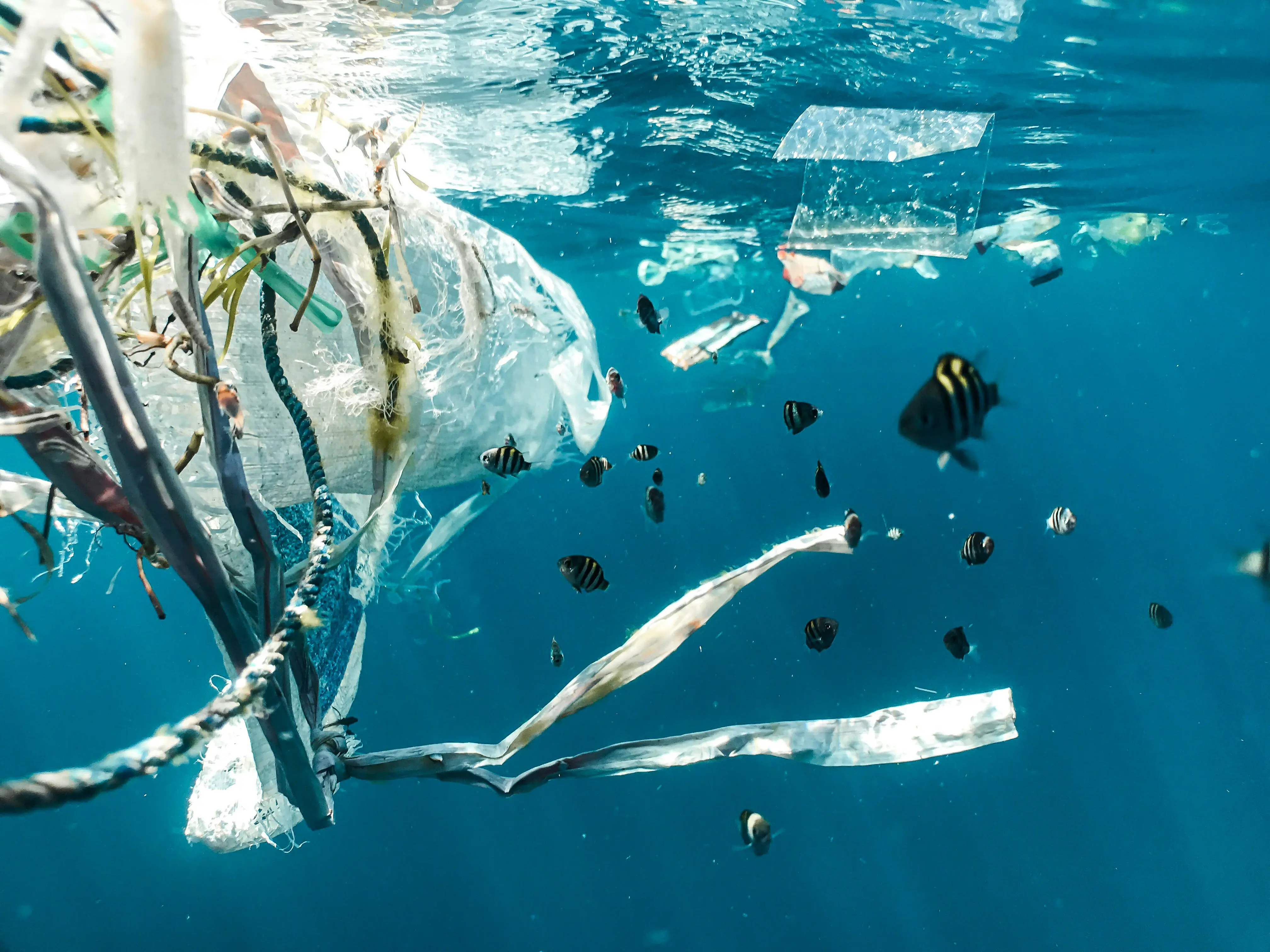How Our Footsteps Push Plastic Into Rivers, Study Finds

Every step we take might be pushing more plastic into our rivers, literally.
A new study by researchers at King’s College London has uncovered a surprising driver behind urban water pollution: us. More specifically, our daily foot traffic through city spaces is helping guide litter, particularly plastics, straight into nearby rivers.
Using GPS-tagged plastic bottles, the team tracked how waste moves through urban landscapes. Their results, published in Environmental Pollution, suggest that human movement patterns act like invisible conveyor belts, carrying plastic from the streets to the Thames and beyond.
“People don’t realize how small actions, dropping a bottle or walking past a piece of litter, can set off a chain reaction,” said environmental geographer Dr. Mark Drummond, lead author of the study. “Our feet help drive the flow of pollution.”
To test this, researchers released tracking-enabled bottles into various public spaces in London and monitored their journeys over time. Surprisingly, the routes closely mirrored human pathways, parks, pavements, and busy intersections, before ultimately reaching riverbanks. The litter didn’t just drift aimlessly. It flowed with us.
What sets this study apart is its real-time, behavior-informed data, offering a more nuanced view of how urban design, foot traffic, and pollution intersect. Past assumptions often blamed weather or poor waste systems as the primary culprits, but this research reveals that everyday city life contributes more than we think.
“This is about understanding that humans aren’t just passive bystanders to pollution, we’re active participants in how it spreads,” Drummond said.
The findings carry crucial implications for waste management and urban planning. Targeted interventions, like strategically placed bins or redesigning walkways that guide litter away from waterways, could significantly reduce pollution levels.
In the end, the message is simple: if we’re part of the problem, we can be part of the solution too. Awareness is the first step, but it might be time to reconsider where that step lands.